A Visual History of Stowage Before Containerisation
A photographic trip down memory lane of what it used to be like getting cargo on and off ships.
Before containerisation, stowage was planned and instructed by the chief officer onboard the vessel, in close cooperation with the operational organisation ashore.
When the vessel was berthed, operational staff brought onboard a list with a description of cargo to be loaded in that particular port. That list contained information about the discharge port (e.g., Hamburg), type of cargo (e.g., hydraulic oil in steel drums), and weight and volume of cargo (e.g., 250 tonnes/300 cubic metres).
The chief officer kept in his office a handwritten and hand-coloured plan of the vessel. This plan shows the various cargo holds and compartments onboard, the items stowed in these compartments, and how much space was left open from the previous load port and can be used in subsequent ports. Open space was (of course) “hand-measured” by duty officers.
Based on his updated plan and listing of the booked cargo, the chief officer was now ready to prepare the stowage by compartment numbers and code. The drums described previously would be stowed depending on its weight and discharge port. This means that the chief officer would stow the drums in a way that the vessel is stable and can stay upright, and that the cargo can be discharged easily without having to shift other cargo.
Once all cargo has been assigned a compartment, it was time to calculate — again, by hand — the vessel stability and draught (the depth of the loaded vessel in the water). If the calculations proved a satisfactory departure condition, the chief officer would inform the land-based staff accordingly, share the load plan with them, and give them the go-ahead to load the cargo.
Planning stowage is one thing; stowing the actual cargo is another. Sometimes, the foreman and his people used more space than was planned. In these instances, they need to inform the chief officer for him to plan the loading in the next port. Duty officers again grab their measure-bands and determine compartments that were utilised fully or partially, and update the vessel’s chief officer.
Containerisation has completely changed the way we ship goods. And how!
Checkout all the photographs here
Reference & Image Credits: worldslargestship
Disclaimer :
The information contained in this website is for general information purposes only. While we endeavour to keep the information up to date and correct, we make no representations or warranties of any kind, express or implied, about the completeness, accuracy, reliability, suitability or availability with respect to the website or the information, products, services, or related graphics contained on the website for any purpose. Any reliance you place on such information is therefore strictly at your own risk.
In no event will we be liable for any loss or damage including without limitation, indirect or consequential loss or damage, or any loss or damage whatsoever arising from loss of data or profits arising out of, or in connection with, the use of this website.
Disclaimer :
The information contained in this website is for general information purposes only. While we endeavour to keep the information up to date and correct, we make no representations or warranties of any kind, express or implied, about the completeness, accuracy, reliability, suitability or availability with respect to the website or the information, products, services, or related graphics contained on the website for any purpose. Any reliance you place on such information is therefore strictly at your own risk.
Do you have info to share with us ? Suggest a correction
About Author
Marine Insight News Network is a premier source for up-to-date, comprehensive, and insightful coverage of the maritime industry. Dedicated to offering the latest news, trends, and analyses in shipping, marine technology, regulations, and global maritime affairs, Marine Insight News Network prides itself on delivering accurate, engaging, and relevant information.

About Author
Marine Insight News Network is a premier source for up-to-date, comprehensive, and insightful coverage of the maritime industry. Dedicated to offering the latest news, trends, and analyses in shipping, marine technology, regulations, and global maritime affairs, Marine Insight News Network prides itself on delivering accurate, engaging, and relevant information.
Latest Shipping News Articles You Would Like:
Subscribe To Our Newsletters
By subscribing, you agree to our Privacy Policy and may receive occasional deal communications; you can unsubscribe anytime.



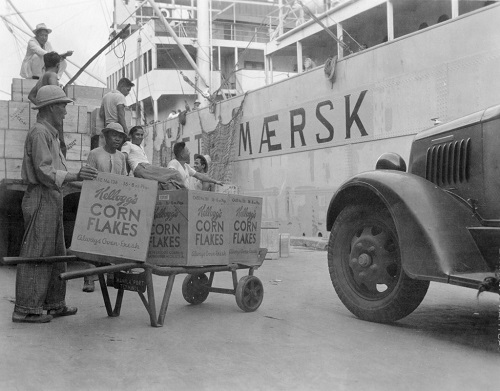

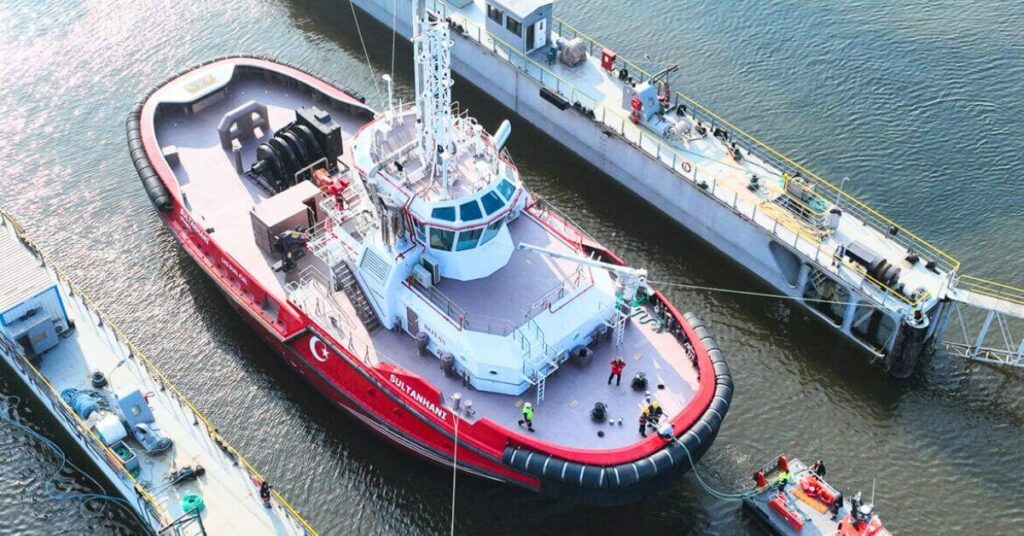
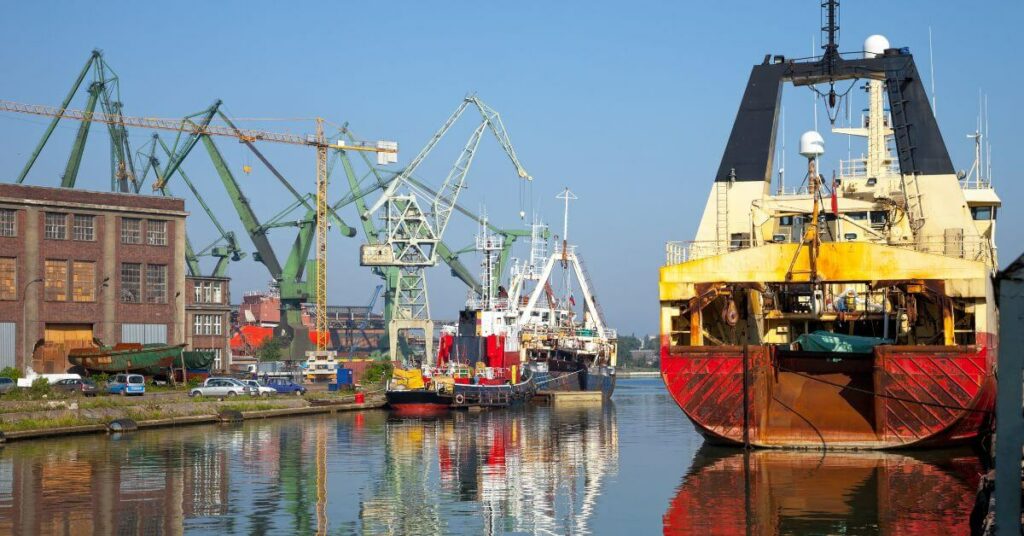
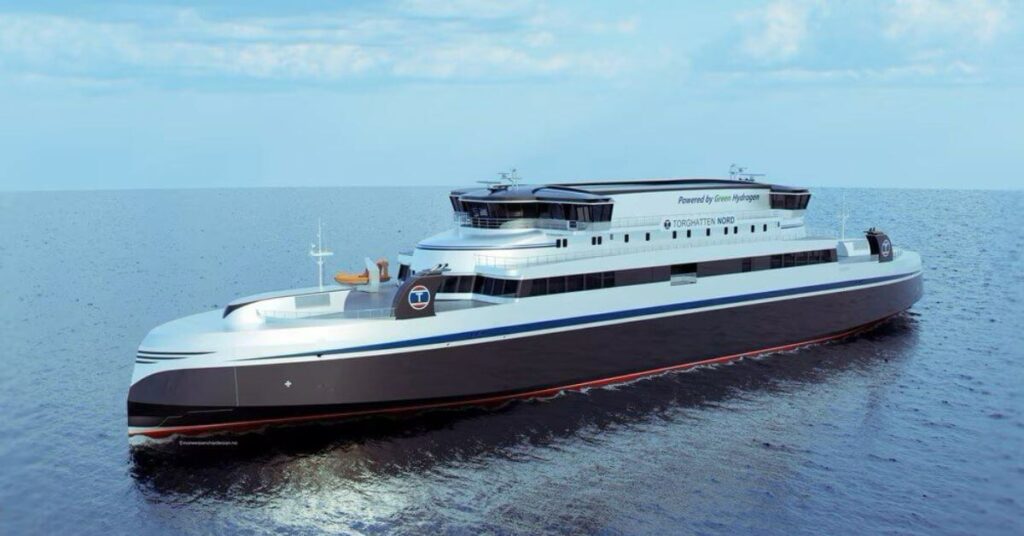
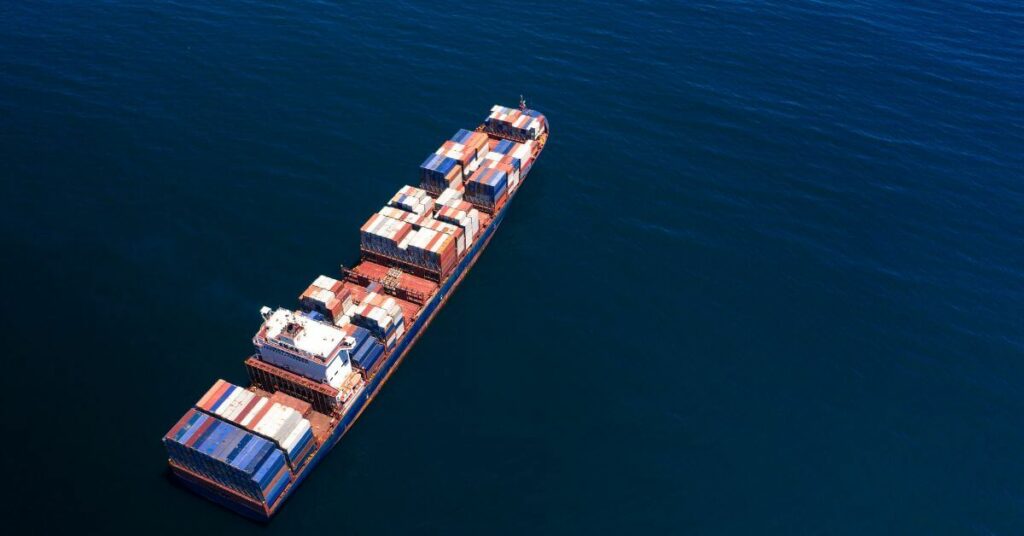
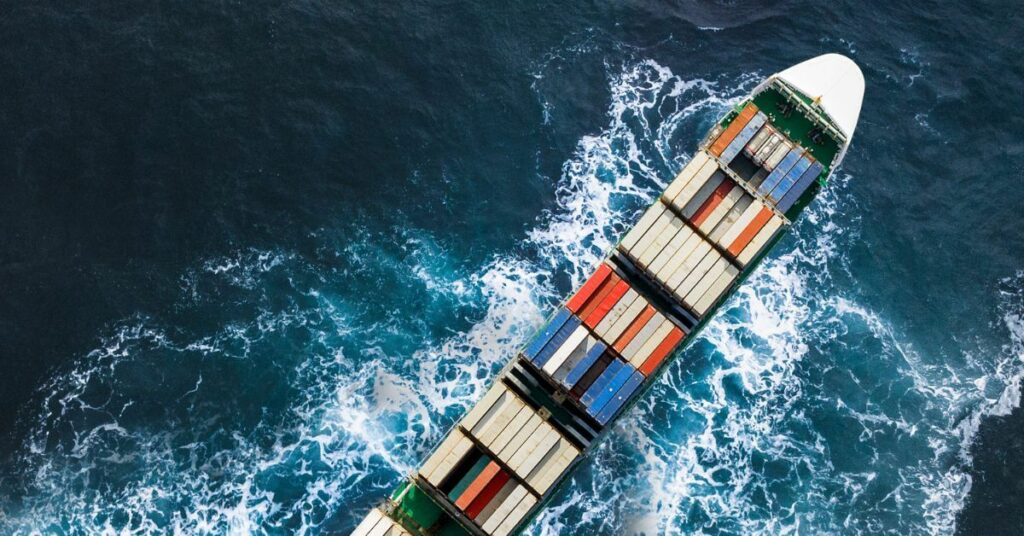
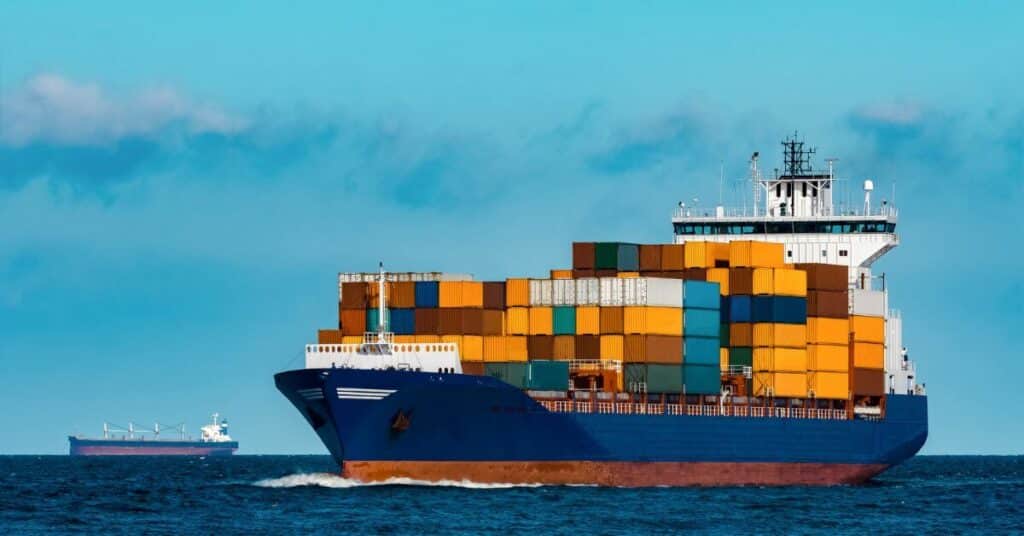
Very useful for continuous learners.